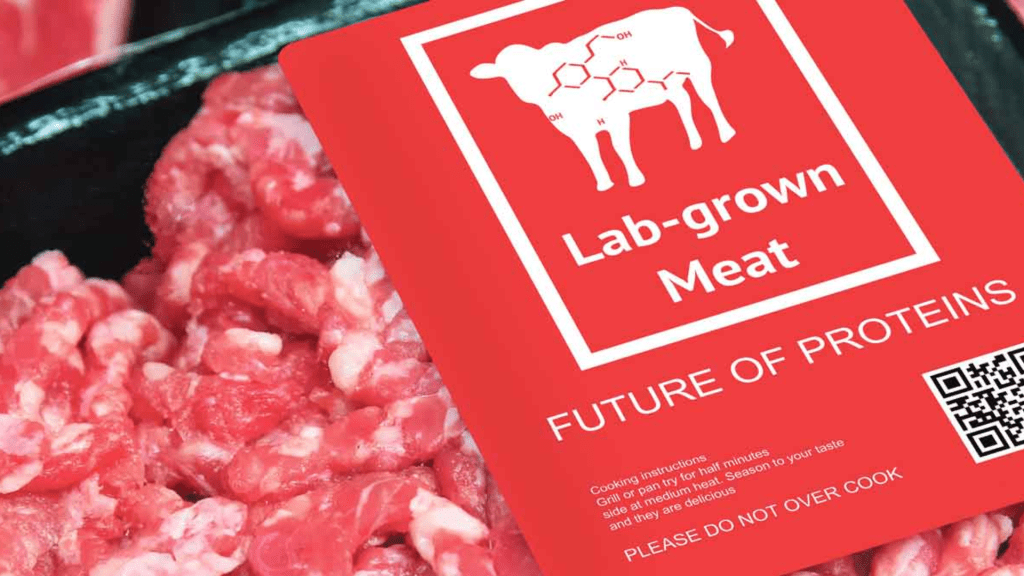On Thursday, Italy prohibited the manufacturing and commercialization of lab-grown meat, citing health worries and a desire to protect its livestock sector, despite the fact that the European Union has not yet authorized its sale.
By enacting this law, Italy has become the first European Union member state to prohibit the production of cultivated meat, commonly known as lab-grown meat, derived from animal tissue cells.
After securing approval from the Senate and subsequently gaining the green light from the lower house of parliament, the law also prohibits the labeling of plant-based proteins as meat, imposing fines ranging from 10,000 to 60,000 euros ($10,900-$65,000) per violation.
Companies worldwide are seeking to commercialize plant-based meat alternatives, driven by ethical concerns surrounding industrial livestock farming and increasing awareness of environmental issues.
Livestock farming significantly contributes to the emissions of greenhouse gases on a global scale.
At present, cultivated meat is permitted for sale in Singapore and the United States, but not within the European Union, despite European companies actively securing funds for research in this emerging scientific field.
The European Union classifies lab-grown meat as a “novel food,” and therefore, any new product in this category would be subject to marketing authorization by the bloc.
The Italian legislation aims to “safeguard the national livestock heritage,” acknowledging its cultural, socio-economic, and environmental significance, while also ensuring a high standard of human health protection.
Furthermore, the legislation asserts its intent to safeguard the interests of consumers and their right to information regarding the food they consume.
On Thursday, Francesco Lollobrigida, the Agriculture Minister and a member of Prime Minister Giorgia Meloni’s far-right Brothers of Italy party, stated that cultivated meat “disrupts the virtuous relationship between land, man, and labor that has accompanied us for millennia and enabled us to sustain the land.”
The president of Coldiretti, Italy’s primary agricultural lobby, subsequently engaged in a physical altercation with two members of the More Europe party outside parliament, referring to them as “clowns” during their protest against the bill.
Coldiretti, the advocate for livestock farmers, has criticized what it labels as “Frankenstein” meat and contends that the law reflects a dedication to safeguarding the Mediterranean diet.
The lobby urged farmers to gather in front of parliament before the vote to “prevent a perilous deviation that jeopardizes wholesome eating and the future of Made in Italy food.”
However, opposition members accused the government of engaging in political maneuvering ahead of next year’s European elections and criticized it for hindering innovation and limiting consumer choice.
Stefano Vaccari, the head of the Democratic Party on the agricultural commission, criticized Lollobrigida, stating that he was involved in “propaganda” and asserting that the law did not align with the necessity to globally ensure healthy and nutritious food from sustainable and high-quality agricultural activities.
The Italian nonprofit, the International Organization for the Protection of Animals, condemned the law as futile.
“This ban is completely useless today, since cultured meat has not yet been approved for human consumption in Europe and therefore cannot be marketed,” it said, adding that if it is allowed in the bloc, Italy will not be able to prohibit it.
According to the Good Food Institute, 159 cultivated meat companies are currently operating in 32 countries. Investment in the sector has reached $2.8 billion worldwide, with 120 million euros raised in Europe last year, it said.
